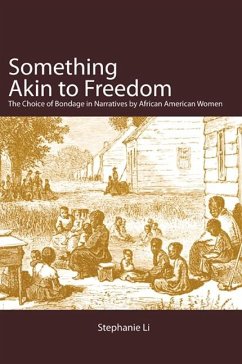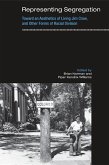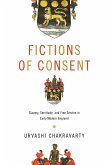2010 CHOICE Outstanding Academic Title
Why would someone choose bondage over individual freedom? What type of freedom can be found in choosing conditions of enslavement? In Something Akin to Freedom, winner of the 2008 SUNY Press Dissertation/First Book Prize in African American Studies, Stephanie Li explores literary texts where African American women decide to remain in or enter into conditions of bondage, sacrificing individual autonomy to achieve other goals. In fresh readings of stories by Harriet Jacobs, Hannah Crafts, Gayl Jones, Louisa Picquet, and Toni Morrison, Li argues that amid shifting positions of power and through acts of creative agency, the women in these narratives make seemingly anti-intuitive choices that are simultaneously limiting and liberating. She explores how the appeal of the freedom of the North is constrained by the potential for isolation and destabilization for women rooted in strong social networks in the South. By introducing reproduction, mother-child relationships, and community into discourses concerning resistance, Li expands our understanding of individual liberation to include the courage to express personal desire and the freedom to love.
Hinweis: Dieser Artikel kann nur an eine deutsche Lieferadresse ausgeliefert werden.
Why would someone choose bondage over individual freedom? What type of freedom can be found in choosing conditions of enslavement? In Something Akin to Freedom, winner of the 2008 SUNY Press Dissertation/First Book Prize in African American Studies, Stephanie Li explores literary texts where African American women decide to remain in or enter into conditions of bondage, sacrificing individual autonomy to achieve other goals. In fresh readings of stories by Harriet Jacobs, Hannah Crafts, Gayl Jones, Louisa Picquet, and Toni Morrison, Li argues that amid shifting positions of power and through acts of creative agency, the women in these narratives make seemingly anti-intuitive choices that are simultaneously limiting and liberating. She explores how the appeal of the freedom of the North is constrained by the potential for isolation and destabilization for women rooted in strong social networks in the South. By introducing reproduction, mother-child relationships, and community into discourses concerning resistance, Li expands our understanding of individual liberation to include the courage to express personal desire and the freedom to love.
Dieser Download kann aus rechtlichen Gründen nur mit Rechnungsadresse in A, D ausgeliefert werden.
Hinweis: Dieser Artikel kann nur an eine deutsche Lieferadresse ausgeliefert werden.









